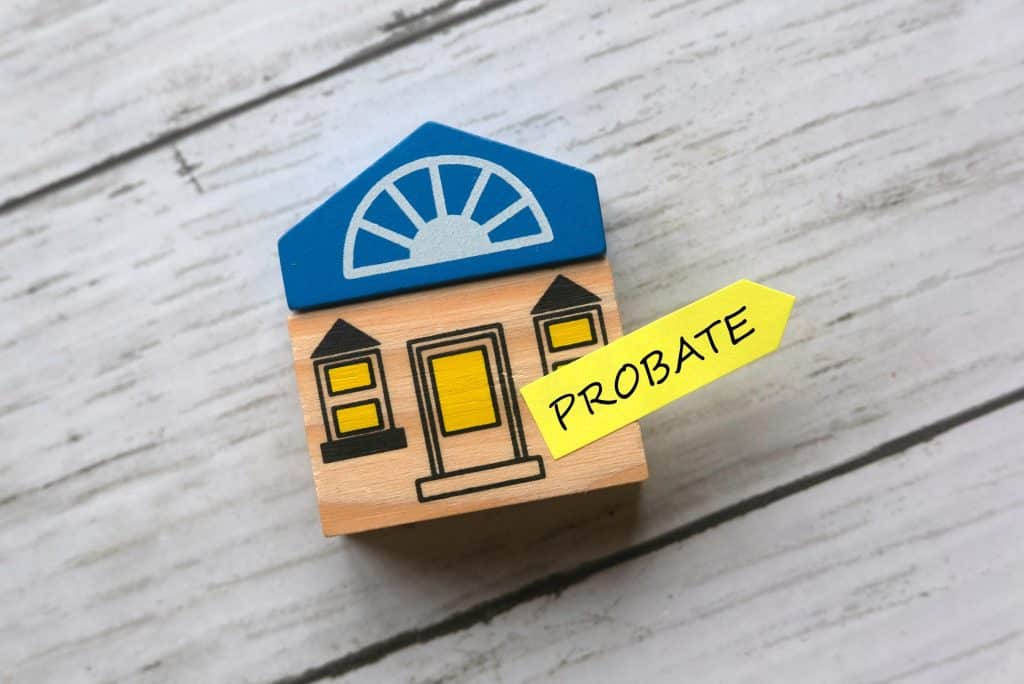Need to know how soon after probate can funds be distributed? Probate is the judicial process through which a will is proved in a court of law and is accepted as a valid and true last testament of the deceased person. It’s the process that gives the executors permission to begin distributing the funds as set out in the will.
The length of the process can vary considerably, but once probate has been settled, the executor then has to ensure that funds are distributed in accordance with the will in a timely manner. Read further to find out how long after probate is granted does it take to receive inheritance?
How long after probate can funds be distributed in the UK?
A Personal Representative, or executor, has 365 days in which to administer the estate of the deceased and to distribute their assets to the Beneficiaries. As complex estates can take longer than a year to wind up, this isn’t a strict deadline.
If a delay can be justified and the Personal Representative is acting in good faith in attempting to carry out all of the necessary work, then it’s unlikely to be an issue. In theory, there is no cut-off date after probate has been granted after which funds can no longer be distributed.
There are, however, a number of strict deadlines that have to be met when an estate is being administered including those regarding Inheritance Tax.
The Executor’s Year
The 365 days that the law sets out as reasonable for carrying out probate is known as The Executor’s Year. This is what the law deems as an acceptable timeframe for the Executor or the Administrator to finalise the administration of an estate and distribute to the beneficiaries in line with the instructions in the will. After the Executor’s Year has ended, any outstanding legacies will then start incurring interest.
In some instances, it’s not possible to carry out all of the tasks involved in Estate Administration within this particular timeframe. There might be an ongoing claim under investigation by the DWP, or the sale of a property might be taking time. As long as these delays can be justified, and the executor can demonstrate that they’re acting in the best interest of the estate, it’s unlikely to be an issue.
If, however, a beneficiary feels that the delays are unjustified and that the Estate Administration isn’t progressing in a timely manner, they have a legal entitlement to make claim against the Executor or Administrator. In some instances, this can lead to the Court ordering that the Executor or Administrator is replaced.
Inheritance Tax
When an application is made to the Probate Registry for a Grant of Representation it needs to be accompanied by an Inheritance Tax form. This will need to include a calculation of the estate value, as well as a calculation of what Inheritance Tax is due.
Any Inheritance Tax that is due then needs to be paid, or at least partially paid, within six months of the death. HM Revenue & Customs will charge interest on any Inheritance Tax that hasn’t been paid after this date.
For confidential advice regarding probate, call 0333 009 0808 or email info@fjsolicitors.co.uk to speak to our experienced team.









